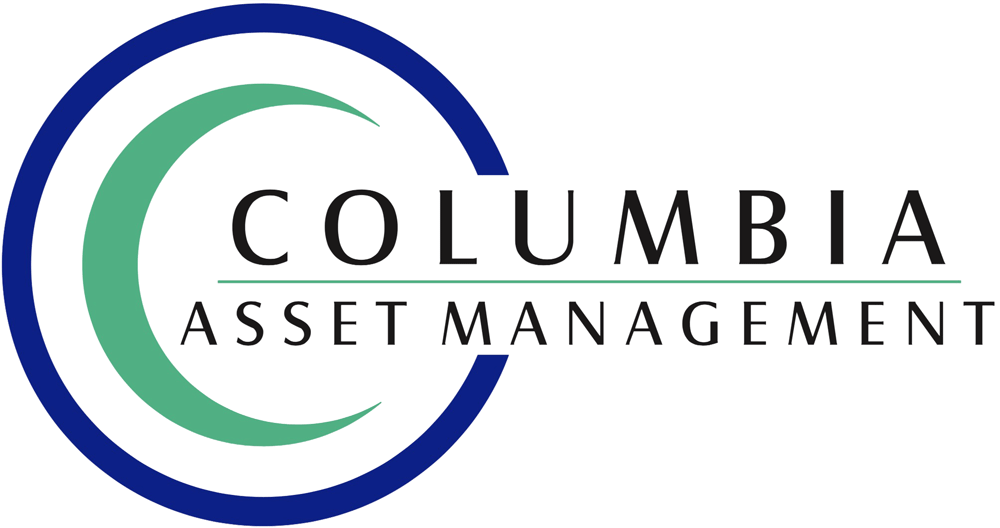 Wall Street is Looking Behind Again
Wall Street is Looking Behind Again
At the end of 2022, after a tough year in both the stock and bond markets, many Wall Street observers claimed the ‘sixty-forty portfolio’ (60% stocks and 40% bonds) was dead. Yes, in 2022, that strategy didn’t work as it was down 16% (though if you held dividend-paying stocks and short-term individual bonds you held up pretty well). However, a long-term investment strategy is not ‘dead’ after one bad year. To believe that is an impatient overreaction and a disservice to investors.
Of course, after a bad year in 2022, this very same strategy is working just fine in 2023. Now, if forecasters predicted that the 60/40 portfolio would fall before it did last year, then I’d be impressed when it fell, and I’d tip my cap to the forecasters.
Ironically, the fact that the 60/40 strategy was being questioned at the end of 2022 made it a prime candidate to rebound in 2023. Showing again that the common daily ‘wisdom’ in the investment world is often wrong while the long-term, patient wisdom is often right.
Interest Rates Rise, Real Estate falls….
It’s a natural effect: when interest rates go up, the value of most other assets, including of course real estate, go down (all else being equal). If the cost to borrow money to pay for real estate goes up, you can’t pay as much for the property if you want your expenses intact. That said, residential real estate, with a growing demand and low current supply (as homeowners are likely to keep their current low interest rate mortgage), hasn’t yet felt the valuation effects. Office space, on the other hand, is a different dynamic. Even though supply is stable, demand has fallen with the ‘Work From Home’ (WFH) pandemic shift. Thus, from that phenomenon alone, demand and thus price have gone down. Tack on to this that ownership costs have now gone up due to higher interest rates, and you get multiple reasons for real estate prices to fall. Tread carefully in this area!
Maybe A Fee for Charging Fees?
Companies are quietly (one could easily say deceivingly) charging fees that seem unreasonable, manipulative, and often unrelated to the service provided. President Biden calls these ‘junk fees’ and they’re expanding while having every appearance of either trying to trick us into something we don’t know we’re paying for or should be included in the initial price to begin with.
Fees are part of modern life and some of them appear reasonable, such as certain delivery fees or parking at a big city hotel where space is hard to come by. However, fees have popped up in so many ways that they often seem like ‘gotcha fees’ or sneak-arounds to simply charge you more money for what should be included in the up-front price.
While checking out of a hotel in New York, I incurred a previously unannounced $50 a day ‘resort fee’. I have no idea what a landlocked building on 54th street could offer in terms of resort amenities, but even if there were, I was told absolutely nothing about the fee upon check in. This seems simply a way to quietly charge more in a way that consumers will overlook or not have time to reconsider. Airlines, rental car firms and many other companies do the same or similar.
Why is it that companies try to trick their supposedly valued customers? What kind of business philosophy is that? As a litmus test, would the CEO charge his or her own family those fees? I seriously doubt it.
Being straight-forward with customers would not only be a much better approach philosophically but also would result in happier customers….and more profits long-term. Customers should be respected and treated with appreciation by businesses they frequent, not tricked and deceived in an underhanded effort to make more money for short-term gains. Sadly, few companies (to their credit, Costco certainly seems to be one) have taken the higher road.
As an investor, I believe this type of investor activism is worthwhile. Political and social issues, though certainly important, are not the wheelhouse of corporations, for obvious reasons (yet, with politcians’ lack of leadership nor common-sense compromise, corporations try to step in sometimes). Eliminating the ‘junk fees’ is something that should be square in the wheelhouse of companies large and small. Hey–just tell us your total price up front!
Is Buffett Sardinian?
In a recent study of ‘Blue Zones’, Sardinian men were found to live beyond 100 at a rate much greater than average worldwide. Why? Primarily because they keep life simple and focus on the ‘important’ things: rewarding work, managing stress, daily rituals, regular movement and spending lots of time with friends. In our modern world, people invest huge amounts of time and money to live longer by downing fistfuls of supplements, running marathons and sitting in specially made cold tubs. They are ignoring a great role model in the Sardinians that would not only make their lives likely longer but more enjoyable.
I see the same phenomenon in the investing world. We have a role model and blueprint of a great investor sitting right out in the open: Warren Buffett (93 years old by the way) yet few big professional investors emulate him. Buffett buys and sells infrequently, holding his stocks for decades. Conversely, the pros tend to buy and sell frequently and look for sophisticated angles to get a ‘daily edge’, oft-times missing the bigger picture. The performance of many of these pros suggests their approach is not worth their fees.
Why is Buffett rarely emulated? Because it’s hard to trust ‘simple’ when ‘complex’ is available. Because we have access to SO much information, people believe they need to use it, not really asking themselves does the information result in better decisions (the reason to seek the information!). Can holding a few stocks for decades really result in a better outcome than buying and selling as daily information comes in to ‘adjust’ our thinking? Can living a simple Sardinian life of balance and leaning on the basics allow us to live longer (and happier) than monitoring the number of steps we take each day and taking all kinds of supplements? The answer appears to be YES! Less can actually be more. So, when it comes to investing, go out there and do less! Trade less, check your portfolio less, question choices less….and let time tell what you need to know.
Brian Weisman, CFA,CPA,CFP,CMA
(734) 665-1454

 Ice, Ice Ladies
Ice, Ice Ladies